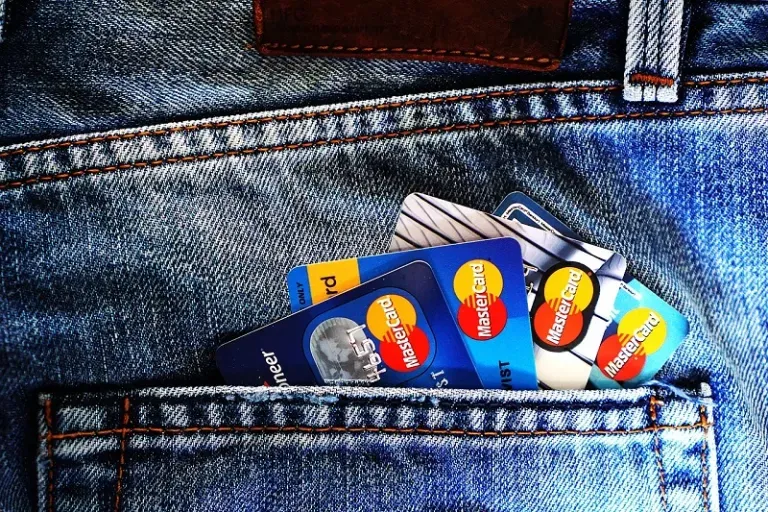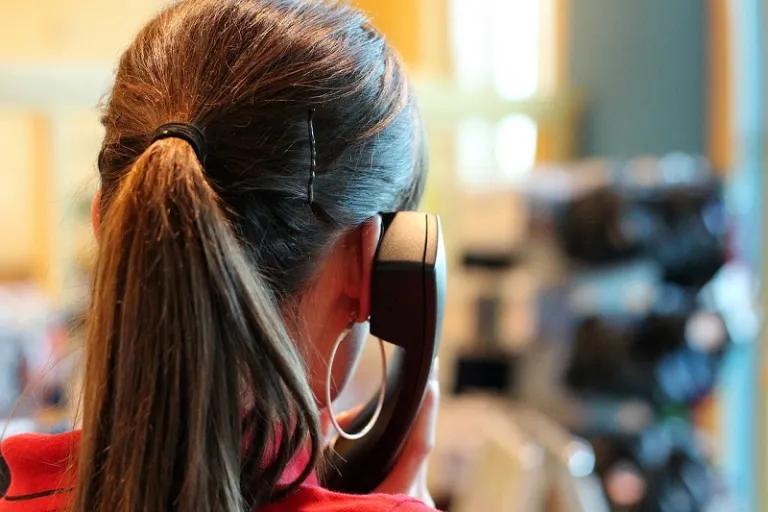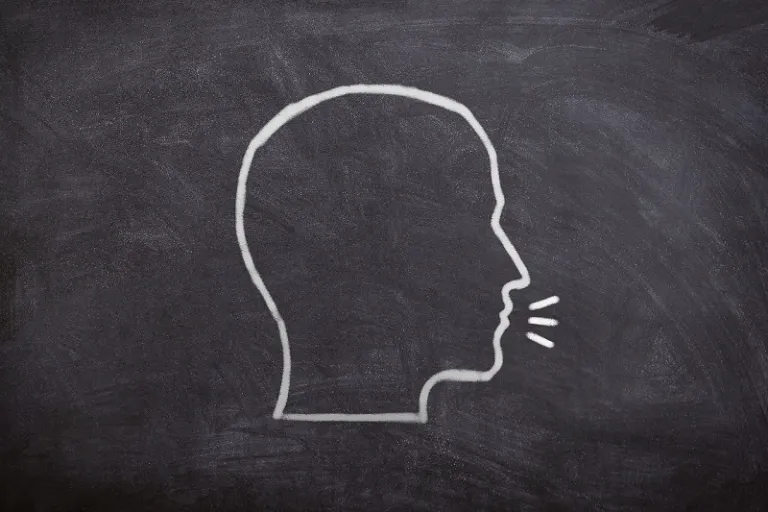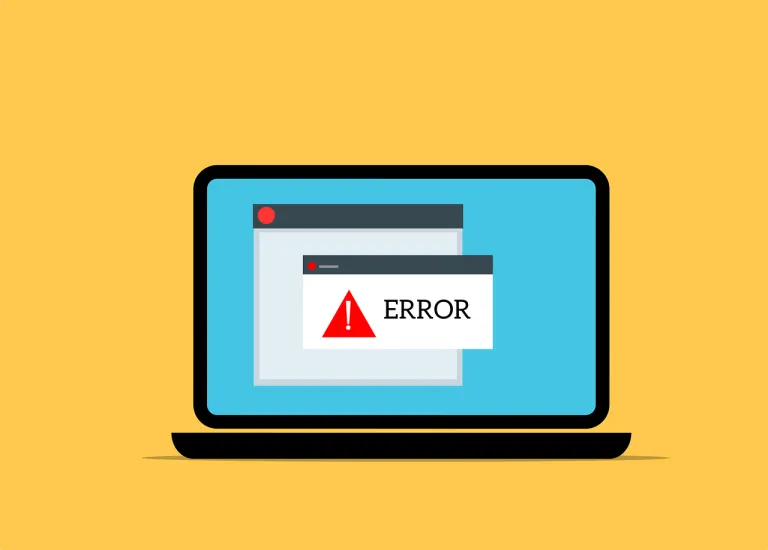Our favourite places to stay on this sleepy Cebu island.
Spot Bank Fraud Fast: 10 Signs You’re Talking to a Bank Scammer

Editor’s note and trigger warning: This article contains information about , a topic that some victimised individuals might find distressful or anxiety-inducing. TripZilla Philippines assures readers that this article contains helpful tips on how to dodge and cybersecurity breaches.
On 13 Dec 2021, I wasted 32 minutes and 47 seconds talking to bank scammers (yes, in the plural) who were trying to get into my BPI savings account. Fortunately, nothing was stolen from me, but my first experience made me realise that this needs to be talked about more often so we know how to protect ourselves.
It was a bright, cheery morning and my week had just started, working from home. “Today’s going to be a good day,” I thought to myself. Unfortunately, it turns out the devil’s minions also show up to work on time — and on that fateful Monday, they came in the form of sters.
My experience: It started with a call from an unknown number

Before I dive into the signs that you’re talking to a bank scammer, allow me a short backgrounder about the call and my phone habits.
I usually don’t take calls from numbers that aren’t registered on my phone. I acknowledge that there are exceptions, though: work-related phone calls, calls from couriers, calls from my telco provider and banks. You get the picture.
But this call came on a Monday morning in December, particularly at a time when online shoppers were in the middle of the much-awaited 12.12 and payday sales. Might I add that scammers and fraudsters are well aware of the fact that most salary earners receive bonuses at this time of the year. I’m sure these facts are starting to ring warning bells in your head right now, so let’s start with the first sign.
1. They pester you near payday or bonus/sale season
 A quick disclaimer: This might not be the case for all. Bank fraud happens at any time, on any day. But if you’ve been receiving persistent phone calls from unregistered numbers near payday, never let your guard down.
A quick disclaimer: This might not be the case for all. Bank fraud happens at any time, on any day. But if you’ve been receiving persistent phone calls from unregistered numbers near payday, never let your guard down.
Remember, you can always apologise for being overly suspicious, but there’s no turning back once brank scammers get their hands on your hard-earned money.
2. It’s unprofessionally, unreasonably noisy in the background
I’m not sure if the bank scammers I spoke with caught this early on, but that was the first thing I noticed.
A certain Brian Cruz introduced himself as a representative of BPI. After going through the usual “this call is recorded” spiel, he then proceeded to inform me about new security enhancement measures — the irony, I know — that BPI was carrying out in accordance with BSP guidelines.
Everything was normal enough, but one thing was off: One of his cohorts was talking so loudly in the background that I couldn’t hear Brian properly. The other voice was female, and I overheard her going through the same script Brian’s.
When I told him that I couldn’t hear him because of the person talking beside him, he immediately apologised and everything suddenly turned quieter.
Why am I pointing this out? Because when it was time for me to report the incident to BPI, the difference was startling. BPI’s agents and customer service personnel spoke clearly, with zero background noise. This brings me to the third point…
3. The “Your call is being recorded” spiel isn’t a clean recording
 Again, I’m not saying this goes for all. But when I was able to compare speaking to sters versus legit customer service personnel from BPI within a small time frame, it was like a bucket of ice-cold water over my head.
Again, I’m not saying this goes for all. But when I was able to compare speaking to sters versus legit customer service personnel from BPI within a small time frame, it was like a bucket of ice-cold water over my head.
When I made the call to BPI’s hotline to report the incident, I was immediately met with a very clean, professional-sounding sound bite that told me my call was being recorded. On the other hand, the bank scammers’ version was a flimsy script read to me as I answered the phone.
4. They’re all over the place, or are offering too many things all at once
You know what they say: When something sounds too good to be true, then it must be. At first, Brian was making sense. Security enhancement, okay, sure. But here’s a list of all the things he brought up and why they didn’t make sense to me:
- Brian was asking me to have my BPI cards updated even if all my BPI cards are far from their expiration date. He said this was part of BPI’s security enhancement scheme.
- He offered to have my credit card limit upgraded, too, and even waived my annual fee! But hold on, we started the call talking about security enhancement and details about BPI Savings. Why the sudden shift?
- Brian had my old residential address (this makes me shudder, actually) and obviously, my personal phone number. He asked for my updated address, which I declined to give. In an attempt to lure me with convenience, he said that my “new BPI cards” would be delivered straight to my doorstep. I told him they could instead be delivered to a bank branch of my choice, where I can just pick them up. Fun fact: I never have cards delivered to my residential address because I like doing courtesy visits to my banks when I can.
- They offered to update my online bank access to a more secure one BUT needed crucial information like my username and OTP. This should be the part where you play dumb, angrily decline, or hang up. You can also cuss at the scammers (lol just kidding… or not.)
If you noticed, Brian was all over the place with his offerings. He went from security enhancement to a new BPI cards rollout and even upgrades for my credit card. Usually, banks have offices that focus on one product at a time. When you start seeing a product crossover and you hear from them via a strange phone call, think twice.
5. They ask for crucial personal and online banking details

Banks will ALWAYS have your details because they have your accounts on file. Everything you provided to open that account in the first place, they should have in their database. That said, if a so-called bank representative is requiring you to give any of the following personal information, we’re 100% sure that you’re being targeted for :
- Username for any online banking account
- Password
- Personal Identification Number or PIN (but most especially, a One-Time PIN or OTP).
NEVER, I repeat, never give away any of the personal information above. A bank will never ask for your username, password, or OTP — not in person, not over the phone, not through email. NEVER.
You have to keep in mind that most bank apps have a “forgot username” or “forgot password” feature. This means that bank scammers only need your username and an OTP to reset your password. Once they’re in, they’ll lock you out and steal your money.
On another note, some banks may ask for certain information to confirm your identity. These may include details such as your full name and your bank account number, but the rest, they should be able to provide from their database.
If a caller asks for your online banking username, your password, or an OTP, you’ve just confirmed they’re a fraudster. Do with that information what you will.
6. They can’t provide you with a selection of open bank branches in your area
No need to give them your address if they don’t know it. But since Brian already got ahold of my old address, I asked him to verify a bank branch in our area — which he failed to do.
Here’s where he stumbled and fumbled during our call. Brian mistakenly told me that one of the BPI branches in my area was already closed, when I could see with my own eyes that it was open. He also failed to identify the condominium that housed the said branch; he couldn’t even spell it properly! Any official bank representative would be well-trained enough not to mess up in this department.
7. You find that they speak inappropriately at times
 Speaking of well-trained, if you’ve recently spoken to a legit bank representative, you’ll know how professionally and eloquently they handle calls from clients. They also speak a certain way; they’re trained to articulate processes and guidelines well, and stay professional no matter what the client says on the other end.
Speaking of well-trained, if you’ve recently spoken to a legit bank representative, you’ll know how professionally and eloquently they handle calls from clients. They also speak a certain way; they’re trained to articulate processes and guidelines well, and stay professional no matter what the client says on the other end.
I must admit that I found it a bit odd that Brian was starting to throw some rather personal jokes around at some point. This was a huge warning bell, as my mom pointed out: Customer service providers rarely do this because they’re trained not to.
If the way the person behind the line talks bothers you, be on high alert. Chances are, you’re speaking with a bank scammer.
8. They *might* turn you over to a supervisor who steps in *too* quickly
You should know that I wasn’t able to protect myself fully from my recent experience. Unfortunately, I was able to give them my actual username (which was easily remedied later on when I reported the fraudster to my bank. More on that later.) The saving grace, though, was that I knew well enough not to provide any OTPs.
When Brian asked for the OTP that was sent to me by BPI, I politely declined and he started mouthing off all the reasons why I should proceed with the “security enhancement.” Take note, that the OTP sent to me was for a freakin’ password change — SCAMMER ALERT!!! When Brian finally felt that I would not budge, he turned me over to a “supervisor” who was named Cheska.
Normally when you’re forwarded to a supervisor, it takes a few seconds, right? Some might even take minutes to join the call. But Cheska was there in a jiffy; a tad too fast, if you ask me. It even seemed like they were just seated right beside each other.
Cheska then proceeded to tell me why I should just give them the OTP because… *drum roll*…
9. They will threaten to deactivate your account
 Yep, Cheska threatened to deactivate my bank account. She said that if I don’t push through with the “security enhancement,” BPI will be forced to deactivate my account for 15 to 30 days. HA! WHAT A JOKE. I will admit that this is where I started losing my temper during the call because of the audacity of these scammers.
Yep, Cheska threatened to deactivate my bank account. She said that if I don’t push through with the “security enhancement,” BPI will be forced to deactivate my account for 15 to 30 days. HA! WHAT A JOKE. I will admit that this is where I started losing my temper during the call because of the audacity of these scammers.
People, let’s get this clear: Our banks have sophisticated online systems that are activated and deactivated in a matter of hours. Don’t be swayed by empty threats of bank account deactivation! There are grounds for legit deactivation, and refusing to give your username or OTP over a phone call or email is not one of them. In fact, this is the exact reminder that our banks regularly send us: NEVER SHARE YOUR OTP.
10. They will NOT be willing to talk to official bank personnel
Lastly, and quite unfortunately for Brian and Cheska, I currently live near several banks. When I was growing more and more sure that I was being scammed, I actually gave them two options: First, for them to wait a few days because I wanted to receive the supposed BPI cards that they were offering to me as proof that they were legit. Or, second, to wait on the line because I can actually walk to the bank next door so that I can verify their “security enhancement” process. They declined both options, and gave sorry excuses as to why they can’t let me do either.
Then came the final threat of bank deactivation, laced with fake concern over my impending loss of access to my funds. My dad, who was just in the kitchen the entire call, gave me the last dose of courage I needed. “Sure, go ahead, deactivate the account,” he said loud enough for Cheska to hear on the other end of the line.
 “Wala po kaming magagawa, Ma’am, if ayaw niyo po talaga.” I forced a thank you, even if this thief did not deserve it.
“Wala po kaming magagawa, Ma’am, if ayaw niyo po talaga.” I forced a thank you, even if this thief did not deserve it.
If there’s one thing I learned from this incident, it’s that scammers usually leave behind a trail of breadcrumbs from the beginning of the call. It will be up to you to catch these clues and take action. Good luck, and always remember to stay sharp the next time you receive a call from a strange number.
Lastly, if you think you just received a call from a ster, be sure to report the incident to your bank’s customer service so that you can be assisted through precautionary measures. Please do report these experiences; they will help banks’ cybercrime investigations. Let’s give these crooks hell.
Cheska, if you or your fellow scammers get to read this, I told you I’d write about it. Your identity may remain hidden, but I hope you’re able to live with the consequences of your evil actions.
Published at
About Author
Alyosha Robillos
Subscribe our Newsletter
Get our weekly tips and travel news!
Recommended Articles
10 Bantayan Island Resorts, Hotels, and Rentals for Your Tropical Escape 14 Best Credit Cards for Travel in the Philippines The only plastic we need for travel.
10 Best Mountain Cafes in the Philippines for Your Peak Coffee Experience Coffee date on the mountains, anyone?
10 Family Outing Ideas in Metro Manila Under ₱500 Looking for a weekend bonding with the family under ₱500? Head to these places, pronto!
10 Fun Things to Do in Manila Alone Live your best life in Manila, even when you’re riding solo.
Latest Articles
Dingalan Travel Guide: Nature Spots to Discover Now Underrated coastal gem in Aurora
What to Eat in Bicol: Iconic Dishes and Treats, and Unique Pasalubong You’ll Love Spice up your foodie adventure with iconic Bicol dishes and must-try pasalubong!
Top Travel Trends in the Philippines for 2025 New spots, tips, and trends
New UK Adventure Park to Visit in Devon and Cornwall Fun countryside escape near London
Ultimate Camarines Norte Travel Guide: Waterfalls, Beaches, and More From surfing to secret waterfalls, Camarines Norte is your next escape!

